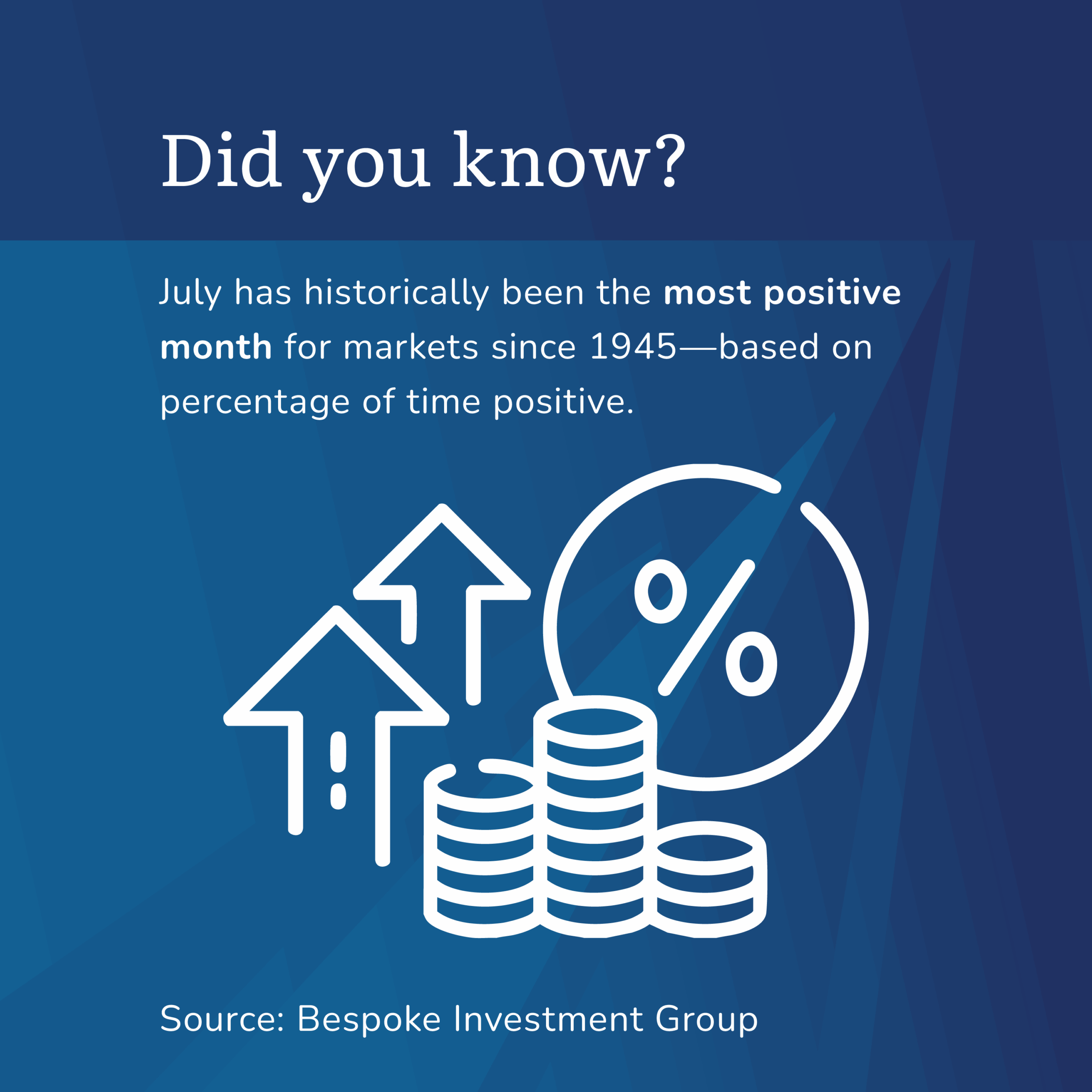Asset Sale vs. Stock Sale: How to Weigh the Options When Selling a Business
One of the main considerations when selling a business is whether to structure the deal as an asset sale or a stock sale. Owners may simply be thinking, “Does it matter as long as I get the highest sales price?” Well, there are plenty of considerations that can make a lower sales price more attractive. Chief among these considerations are tax implications and potential liabilities. Let’s break down some of the differences when considering one over the other.
Before we dive in, it is important to note that only C-corporations or entities organized as sub-S corporations can consider a stock sale. Sole proprietorships, partnerships, and LLCs cannot structure a stock sale since none of these entity structures have stock. This may make your decision much easier.
Stock Sales
In a stock sale, a buyer directly purchases the shares of the existing legal entity. Unlike an asset sale, stock sales do not require deep analysis of each individual asset because the title of each asset lies within the corporation. Assets and liabilities that the buyer does not want are usually distributed or paid off prior to the sale closing.
Buyer’s Perspective
In stock sales, buyers lose the ability to gain a “step-up” in basis in the assets acquired and therefore cannot re-depreciate certain assets. The depreciation basis of the assets is equal to the basis of the assets at time of sale, making the deal a bit less attractive for the buyer from a tax perspective. In a stock sale the buyer also accepts more risk including all contingent risk that may be unknown or undisclosed. Examples of this are future lawsuits, OSHA violations, employee issues, etc. These items are now the responsibility of the new owner. For certain deals, these liabilities can be mitigated in the stock purchase agreement through representations, warranties and indemnifications. If a business has a large number of patents or copyrights and/or government contracts, a stock sale may be beneficial as those items are more challenging to assign.
Seller’s Perspective
Generally, sellers favor stock sales because the proceeds are taxed at capital gains rates not ordinary income tax rates. Also, in the sale of C-corporations, taxes at the corporate level are bypassed with a stock sale. Additionally, a stock sale can leave the seller with less liability and responsibility since lawsuits and other future issues associated with the company stay with the company that was sold and no longer implicate the previous owner. Of course, this will depend on the language in the stock purchase agreement.
Asset Sales
In an asset sale, the seller retains possession of the legal entity and the buyer purchases individual assets of the company such as equipment, inventory, real estate, goodwill, trade secrets and licenses. Asset sales generally do not include cash. The seller typically retains the long-term debt obligations as is commonly referred to as a cash-free/debt-free transaction.
Buyer’s Perspective
Asset sales allow buyers to “step-up” the company’s depreciable* basis in its assets. Depreciation is a method used to allocate a portion of an asset’s cost to periods in which the assets helped generate revenue. A company’s depreciation expense reduces the amount of taxable earnings, thus reducing the taxes owed. Basically, this provides a tax benefit for the buyer as they are able to allocate higher values for assets that depreciate quickly (equipment: 3-7 year life) and lower values on assets that depreciate slowly (goodwill: 15 year life). This improves the company’s cash-flow during the critical first years after the transaction. Additionally, buyers prefer asset sales because they more easily avoid inheriting potential liabilities. For example, lawsuits that stem from negligence from previous owners would not impact the new owners if the transaction was an asset sale. Buyers can run into issues with asset sales when certain assets such as intellectual property, contracts, leases and permits are part of the deal since these types of assets can be difficult to assign to another party and have legal ownership issues associated with them.
Seller’s Perspective
Asset sales generate higher taxes for sellers because, while intangible assets such as goodwill are taxed at capital gains rates, other “hard” assets can be subject to ordinary income tax rates. Generally, ordinary income tax rates are much higher than capital gains tax rates. On top of this, if the entity sold is a C-corporation, the seller faces double taxation. The corporation is first taxed at the corporate level and then the owners of the corporations are taxed again when the proceeds transfer out of the corporation. Additionally, if the sale is of an S-corporation that was formerly a C-corporation, the built-in-gains (BIG) rule could trigger added tax under IRS Sec. 1374.
Highlights Within the Three Main Areas of Concern
Complexity and Cost
Generally, a stock sale has lower costs and less complexity which can favor both buyer and seller.
An asset sale is more complex and costlier when compared to a stock sale as fees for appraisals, legal titling and accounting quickly mount up. Why? For an asset sale, each asset and liability must be stated and the gain/loss associated with each must be calculated and verified. Additionally, some assets like patents may not be transferable which adds to a deal’s complexity.
Business Liabilities
Generally, a stock sale is better for the seller and an asset sale is better for the buyer.
When a buyer purchases through an asset sale, all future lawsuits are associated with the previous legal entity — not the assets that were purchased.
Tax Rates
Generally, a stock sale is better for the seller and an asset sale is better for the buyer.
In a stock sale, the seller can realize the gain on their business at preferred capital gains tax rates. In an asset sale, any gains are exposed to the seller’s ordinary income tax rate on certain assets. If the company is sold as an asset through a C-Corp, the proceeds are exposed to double taxation (corporate tax and individual tax rates). The buyer, however, prefers an asset purchase from a tax perspective because they will have a stepped-up basis which allows for additional depreciation and/or limited the potential gain should the business be sold in the future.
This only begins to scratch the surface of things to consider when selling or buying a business. The first box to check when considering a sale or purchase is finding the right business lawyer to help you through the process. Once that professional is identified, introduce them to the rest of your team of professionals; coordination among your team is absolutely paramount. Make every effort to clearly articulate what outcome you want for you and your family and just as important, the outcome(s) you wish to avoid at all costs. As you can see, the highest sale price may not be your only priority.
Sources
- https://www.hg.org/legal-articles/stock-sales-vs-asset-sales-some-basic-considerations-for-selling-a-privately-held-business-28844
- https://www.wallstreetprep.com/knowledge/asset-sale-vs-stock-sale/
- https://www.thehartford.com/business-insurance/strategy/sell-a-business/asset-sale-vs-stock-sale
- https://www.lgallp.com/resources/asset-sale-vs-stock-sale-merger-acquisition/
- https://www.sgrlaw.com/selling-a-corporation-asset-vs-stock-sale/
- Complete-Guide-Selling-Business-Successful-by Jacob Orosz
Categories
Recent Insights
-

Talk Your Chart | From Saunas to Stock Surges: Market Recoveries, Margin Resilience & Rate Watch | Episode 69
In Episode 69 of Talk Your Chart, Brett and Marcos unpack the surprising speed of the recent market recovery, debate the timing vs. time-in-market mindset, explore political biases in investing, and analyze how corporate margins and U.S. debt are shaping investor decisions in 2025. Charts available for download here.
-

Smart Money Moves for Teens: The Best Financial Literacy Apps
Why Financial Literacy for Teens Matters Let’s face it—teaching teens about money can be tricky. But thanks to an ever-growing list of financial literacy apps, it’s never been easier (or more engaging) to help kids build healthy money habits. I recently spoke with two clients who’ve been using the Greenlight app to help their children…
-

Rebuilding Financial Confidence After Divorce: Managing Risk & Moving Forward
Divorce is not just an emotional transition—it’s a financial one, too. The process of separating assets, redefining financial goals, and adjusting to a new financial reality can feel overwhelming. But with the right mindset and strategies, you can regain control and build a future that aligns with your new chapter in life. Understanding Financial Risk…
-

Giving with Pride: Smart Strategies for LGBTQIA+ Donors
Understanding the Landscape of LGBTQIA+ Philanthropy LGBTQIA+ donors are uniquely positioned to drive meaningful change, but the philanthropic landscape remains complex and underfunded. Historically, LGBTQIA+ organizations have faced significant challenges in securing resources, often competing with larger, more established nonprofits for limited funding. This disparity highlights the importance of strategic giving to ensure that your…
-

How to Build Lasting Relationships that Propel Your Business and Elevate Your Community
As business leaders, our role in the community extends beyond charitable acts—it’s a strategic initiative that strengthens both our businesses and the communities we serve. Building meaningful community partnerships is not just about doing good; it’s about doing it strategically to foster deeper relationships, enhance your brand, and make a lasting difference. But where do…
